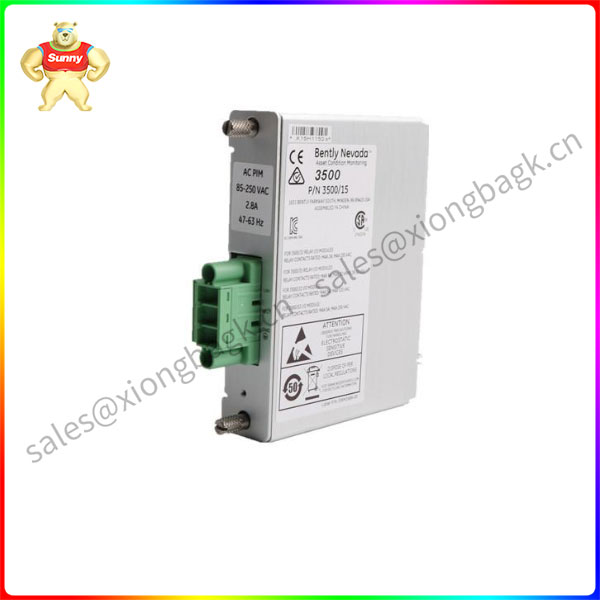As the carrier of electrical interconnection of electronic components, printed circuit board (PCB) is widely used in all aspects of our lives, from small to consumer electronic products such as mobile phones and computers to precision electronic equipment in industries such as communications, industrial control, medical treatment and aerospace. It is one of the core basic components of the electronic information industry, but also an important cornerstone for the continuous development of information technology such as 5G and artificial intelligence, and is closely related to intelligent and automated modern industrial production.
At present, in all walks of life to explore high-quality digital transformation, printed circuit boards are developing in the direction of high density and high precision, and its reliability has become the focus of attention of enterprises. At the same time, consumer electronics products are evolving toward more miniaturization and intelligence. In this process, the traditional manual visual inspection method has been unable to meet the quality control requirements of high standard printed circuit boards, and the flying needle test, as an important automated inspection process, can complete the circuit conduction and insulation test more accurately and efficiently.
As a professional PCB test equipment R & D and manufacturing equipment company, Kunshan Jingmei Electronic Technology Co., LTD. (hereinafter referred to as “Jingmei Electronics”) has a large number of high-end equipment, to provide end users with high quality test equipment, test foundry, wire jig manufacturing and other products and services. With the help of Schneider Electric solutions, Jingmei Electronics has developed into a leader in high-end flying needle test machines.
Although the flying needle testing machine has unparalleled advantages in manual visual inspection, there are still some technical breakthroughs in the servo system of its core components, including debugging and response speed, parameter adaptability, precision positioning control, torque/speed performance, detection time, overload capacity and so on. Based on the expertise in the field of servo motion control, Schneider Electric’s new generation Lexium 18 servo series is composed of Lexium 18 servo driver and BCH18 servo motor, which optimizes the system structure and simplifies the mechanical structure to meet the needs of the flying needle test machine for accuracy, stability and agile response. Become a reliable tool for Jingmei Electronics to upgrade test equipment and further expand its OEM business.
Among them, the Lexium 18 servo drive is designed with high robustness and ensures system stability with high test standards (EMC test standard >= 120% IEC standard). Combined with the online automatic resonance suppression function, the driver can be automatically detected when starting up, without complicated parameter adjustment, and can be copied to the same model, greatly improving the equipment adaptability, and achieving the “plug and play” effect for Jingmei Electronics. In addition, the anti-jamming capability of the system is improved by adding a low frequency filter in the high and low speed PTI. The Lexium 18 servo driver also supports 16 bit high-precision analog input, which meets the positioning accuracy control requirements of Kimi Electronics within 50um.
On the other hand, the BCH18 servo motor adopts the advanced motor structure design of the spoke permanent magnet embedded rotor. By increasing the torque density and reducing the groove torque, the overload capacity is increased to 350% while reducing the body length by 20%-35%, and the maximum speed is increased from 5000rpm to 6000rpm. By optimizing the T-N curve, especially the torque output in the high speed region, the BCH18 servo motor can achieve a positioning accuracy speed of 4200rpm with the high-precision control of the Lexium 18 servo driver. According to the data, with the support of Schneider Electric’s Lexium 18 series servo, the flying needle test time of Jingmei Electronics for ordinary detection boards is reduced to 76 seconds, reaching a high process standard.
Servo system is the core basic component of industrial automation equipment, its accurate positioning ability, adaptability, response ability, stability and safety performance is particularly important. Schneider Electric, a global expert in digital transformation in the field of energy management and automation, always adheres to innovation and is committed to providing stable, reliable, easy-to-use, cost-effective digital solutions that enable enterprises to save comprehensive costs and create more value, and will work with more partners to promote industrial automation.
 中文版
中文版





